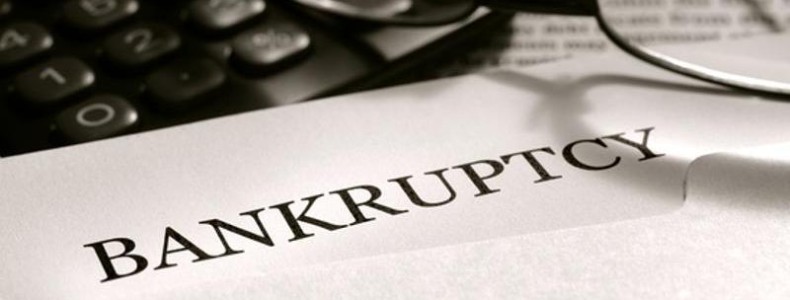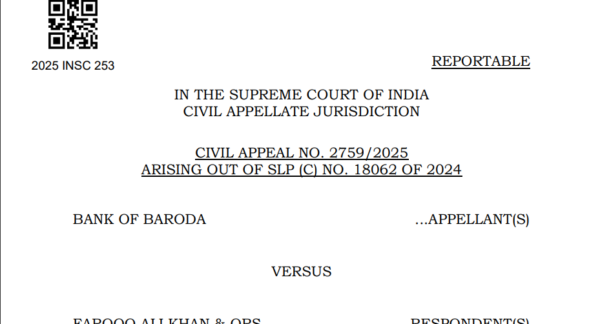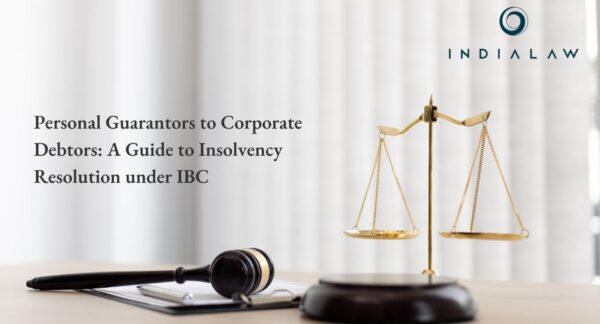Whether the NCLT can refer a dispute to the Central Government under the Companies Act?


An important question of law was raised in the National Company Law Appellate Tribunal (“NCLAT”) in Vijay Pal Garg & Ors. Vs. Pooja Bahry (dated 4th February 2020)[i] against the order passed by the Adjudicating Authority (“NCLT”), directing investigation in the affairs of the Corporate Debtor.
The NCLT had in its order dated 19.07.2019, under Section 210 of the Companies Act, 2013 (“Companies Act”) directed the Central Government to investigate the affairs of the Corporate Debtor on the allegations put forth by the Resolution Professional (“RP”)that the business of the Corporate Debtor was carried on with the intent to defraud its creditors
An appeal was preferred in the NCLAT against the aforesaid order questioning the power of the NCLT to pass such orders as well as the legality of such order passed.
The NCLAT while deciding on the case observed as follows:
1. There were various observations made by the NCLT on the allegations made by the RP against the suspended directors of having fraudulent transactions, multiple fake debtors, tax evasions and attempts to defraud the creditors.
2. The NCLAT relied on Lagadapati Ramesh Vs. Mrs. Ramanathan Bhuvaneshwari[ii] in which NCLAT had ordered an investigation in the affairs of the Corporate Debtor and had also given directions if found guilty.
3. The RP has the authority to prefer an application before the NCLT as the authority of RP is a creation of the Code and that liquidation proceedings were not yet initiated.
4. Due procedure as given under the Companies Act and the principles of natural justice like issuing a notice to the alleged party needs to be followed by the Adjudicating Authority.
5. The Adjudicating Authority as defined under the I&B Code has concurrent jurisdiction under the Companies Act. However, NCLT has to follow the procedure as given under Section 213 (b) of the Companies Act as well as the principles of natural justice before directing an investigation.
6. Once a prima facie case is made out by following the procedure under the Companies Act, only then can an investigation be ordered. It cannot be based on mere suspicion, assumptions or allegations.
7. Where a reference is made to the Central Government for an investigation and if in the opinion of the Central Government, the said investigation requires investigation by the Specials Frauds Investigation Officer, then it can do so by following the procedure established by law.
8. If an offence is made out after the investigation is completed under the provisions of the I & B Code, then the Government may proceed against the guilty in a special court.
In conclusion NCLAT held that NCLT has a power to direct the Central Government for investigation in the matters of the Corporate Debtor and suspended Board of directors, however it cannot directly do so without following the procedure established by the Companies Act.
[i] Company Appeal (AT) Insolvency No. 949 of 2019
[ii]Company Appeal (AT) (Insolvency) No. 574 of 2019




